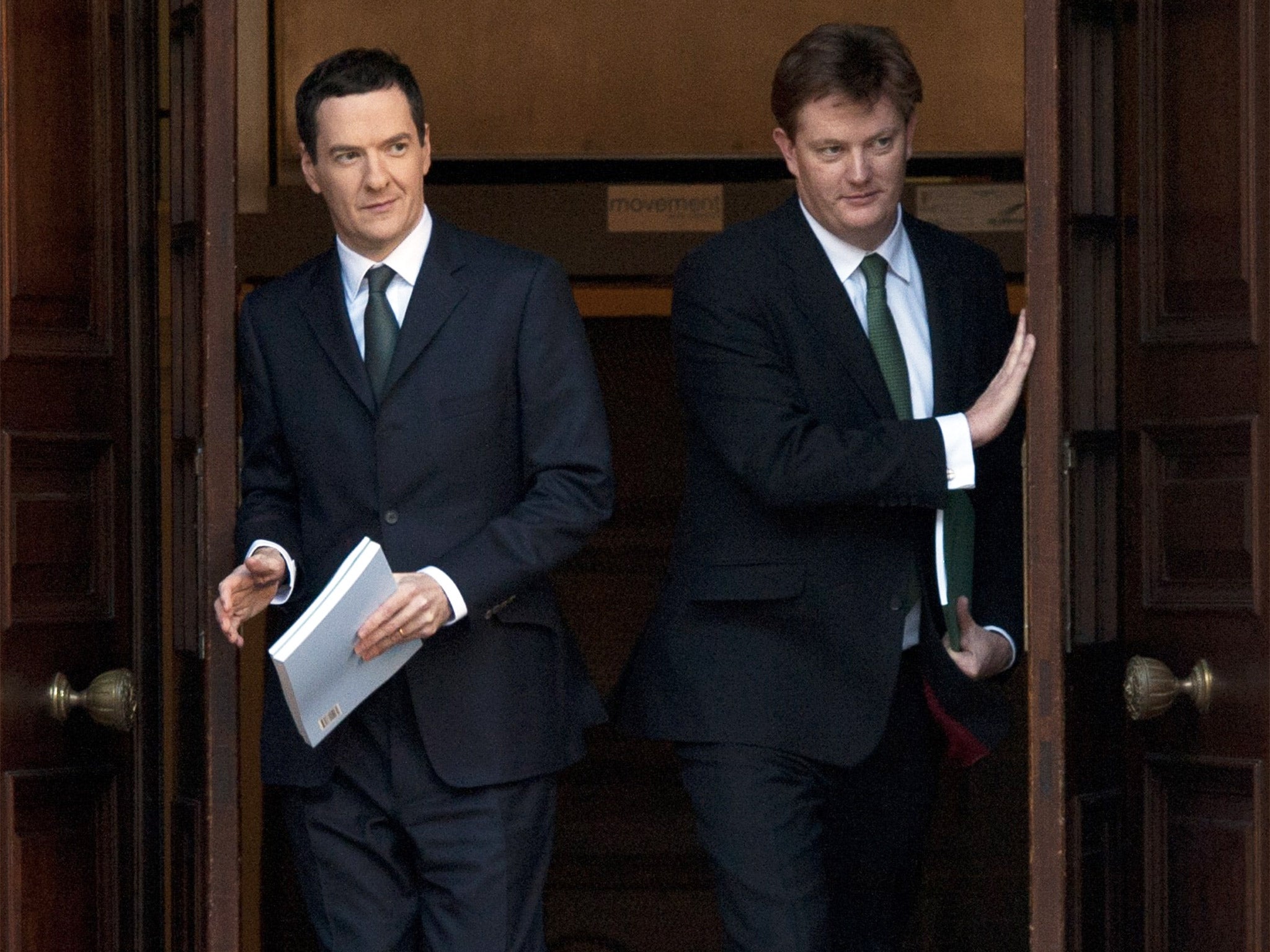The 'independent' OBR changed its Economic Outlook after Treasury pressure, inquiry finds
The Treasury Select Committee questioned ministers' behaviour regarding OBR releases

Your support helps us to tell the story
From reproductive rights to climate change to Big Tech, The Independent is on the ground when the story is developing. Whether it's investigating the financials of Elon Musk's pro-Trump PAC or producing our latest documentary, 'The A Word', which shines a light on the American women fighting for reproductive rights, we know how important it is to parse out the facts from the messaging.
At such a critical moment in US history, we need reporters on the ground. Your donation allows us to keep sending journalists to speak to both sides of the story.
The Independent is trusted by Americans across the entire political spectrum. And unlike many other quality news outlets, we choose not to lock Americans out of our reporting and analysis with paywalls. We believe quality journalism should be available to everyone, paid for by those who can afford it.
Your support makes all the difference.The Office for Budget Responsibility changed its economic outlook after the Treasury breached independence rules and interfered in its operation, according to MPs.
A report by the Treasury Select Committee says a senior minister and Treasury officials demanded changes to the OBR’s releases that “strayed beyond the factual”.
The parliamentary inquiry, the results of which were published on Monday, found that officials removed key words used by the fiscal watchdog to describe spending cuts.
As a result, the watchdog removed its description of part of government policy being “complicated” and no-longer referred to the practice of budget top-slicing.
Other, “non-factual”, changes were proposed by the office of Danny Alexander, then chief secretary to the Treasury.
The inquiry was prompted after emails obtained by the Times newspaper showing seven exchanges where the Treasury asked for changes to aspects of language or presentation of the Economic Outlook.
The Treasury is allowed to fact-check OBR documents before release for 'quality assurance' but is not supposed to try to spin their presentation.
“It is concerning that Treasury officials did not recognise that these requests were inappropriate. They appear to have been made routinely at previous fiscal events,” the committee concluded.
“It is far from clear why Ministers should have the opportunity to offer views to the OBR during the exceptional pre-release access period when, given the level of technicality, it is highly unlikely that they could make constructive contributions to any fact-checking and quality assurance process.”
The Office for Budget Responsibility was set up by George Osborne in May 2010 to provide apparently independent economic forecasts and analysis of spending policy.
It is headed by Robert Chote, a former director of the Institute for Fiscal Studies. The committee said it was satisfied that Mr Chote had “personal resilience” and would speak his mind to object when appropriate.
Because of the importance the Government has put on reducing the budget deficit, the OBR’s pronouncements have been very important politically.
In the autumn statement a small change in the OBR’s deficit forecasts gave the Chancellor billions of pounds to help him U-turn on highly contentious cuts to tax credits.
Andrew Tyrie, the Conservative chair of the Treasury Select Committee, said the episode “gives the appearance of a minister trying to lean on the OBR”.
The MPs however say that although rules were broken, in this case no serious damage was done.
“The OBR’s independence is hard-earned and easily squandered. Little or no damage appears to have been done in this case, but this shouldn’t be repeated,” he said.
A spokesperson for the Treasury said: “In establishing the OBR in 2010, independence and transparency was introduced to economic and fiscal forecasting process for the first time ever, with clear safeguards established to make sure this is protected.
“Officials and ministers have acted entirely properly, respecting that independence, at all times. We will respond formally to this report in due course.”
Join our commenting forum
Join thought-provoking conversations, follow other Independent readers and see their replies
Comments